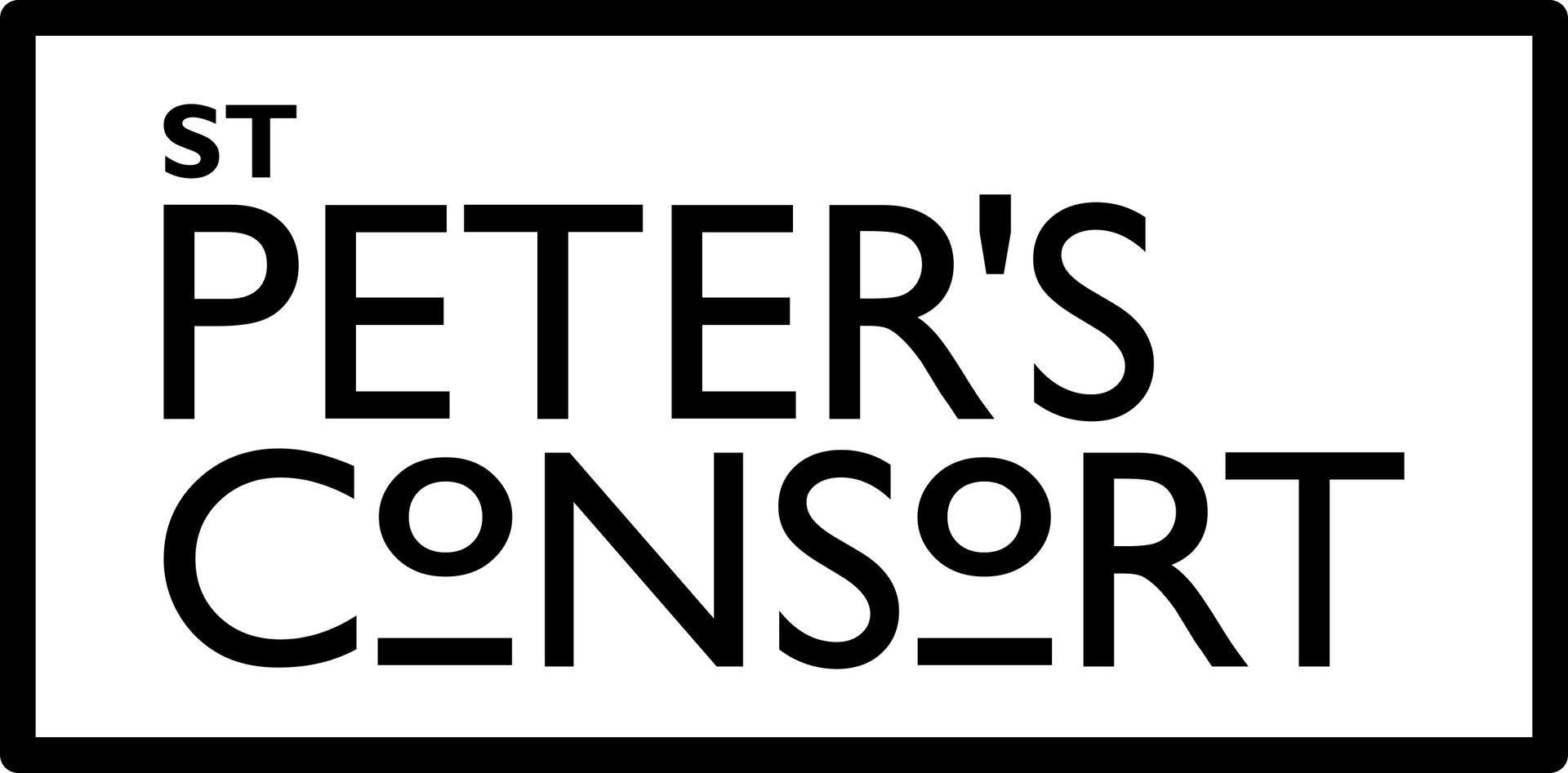More Info
The choir's recent concerts had tended to focus on English and French choral classics of the twentieth century and it is to this repertoire we returned for our autumn subscription concert.
The celebratory theme, Gloria, is reflected in the selection of four very contrasting pieces with that title. Francis Poulenc's exuberant Gloria, written for solo soprano, choir and orchestra, was first performed in Boston, Massachusetts, in January 1961 two years before his death. Our performance had organ accompaniment, ably provided by Simon Earl. Lasting some twenty-eight minutes, the piece has a whole range of styles in its six movements, ranging from Stravinsky-like dissonances to lush, sensuous choral progressions, mixing Poulenc's very personal style of humour and solemnity.
The second of our four Gloria pieces was from "Missa Sancti Nicolai", one of Joseph Haydn's famous Masses. Written in Haydn's typically lively classical style, this movement also includes a section for solo soprano. A contrast to the Haydn is provided with the grandeur of the "Gloria in Excelsis" by Charles Villiers Stanford, which was first performed at the coronation of HM King George V in June 1911. Such was the popularity of the work that it was also included in the orders of service for the coronations of HM George VI in May 1938 and HM Queen Elizabeth II in June 1953.
The fourth choral item, completing the celebratory theme for the concert, was the Gloria by the highly popular English composer John Rutter. First performed in Omaha in the United States in May 1974, it is scored for organ, percussion and brass. Like the Poulenc Gloria, much variety is packed into its relatively short duration - in this case of seventeen minutes. The three movements are, in turn, fast, slow and fast; to quote Rutter himself "exalted, devotional and jubilant in turn". The second section is quiet and introspective which contrasts dramatically with the final movement, which has more than a hint of Walton's Belshazzar's Feast with its jazzy style. We are delighted to have been joined for this performance by Austonley Brass, whose members play regularly with the likes of the BBC Philharmonic, the Halle Orchestra and other well known ensembles
